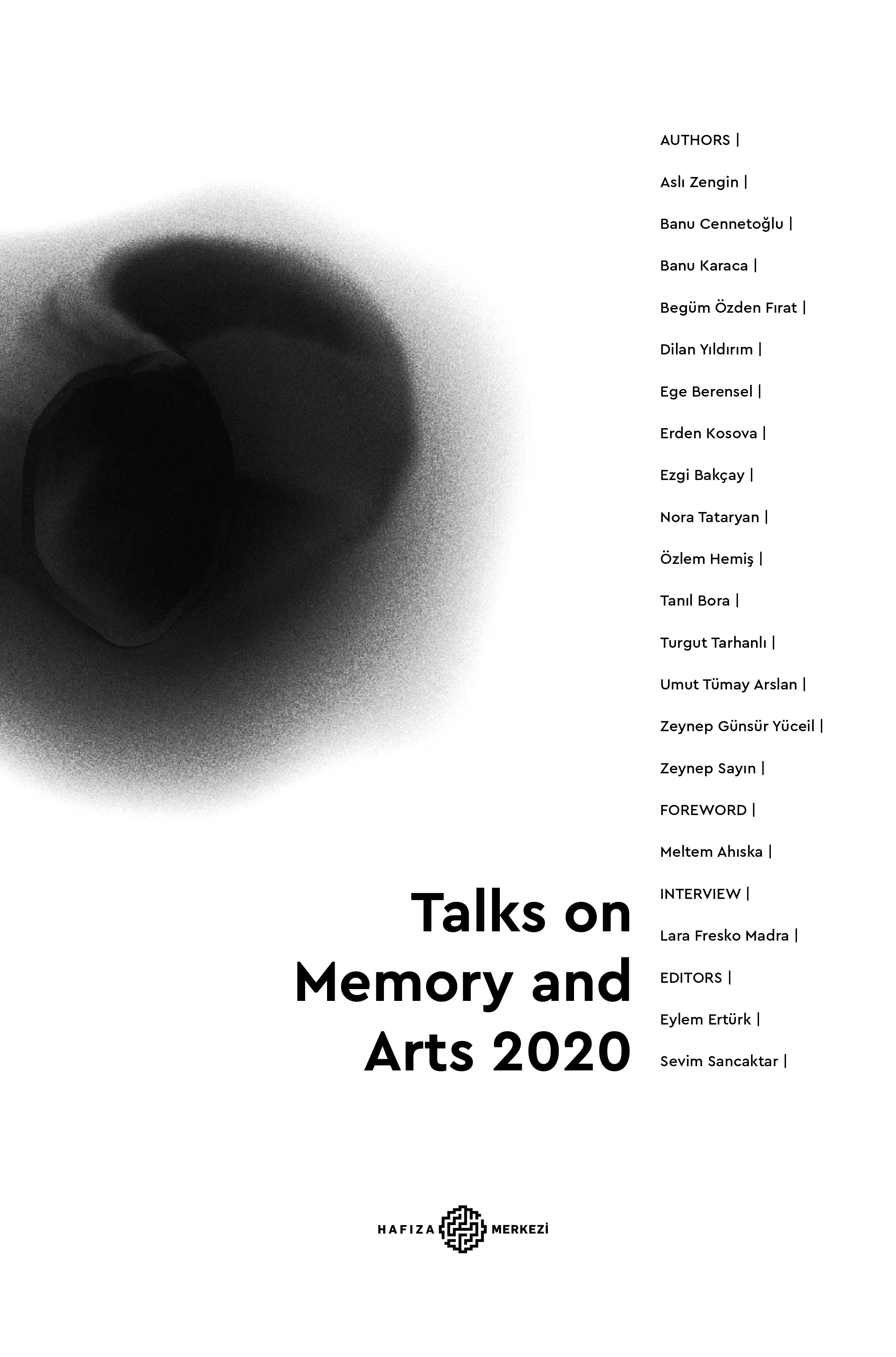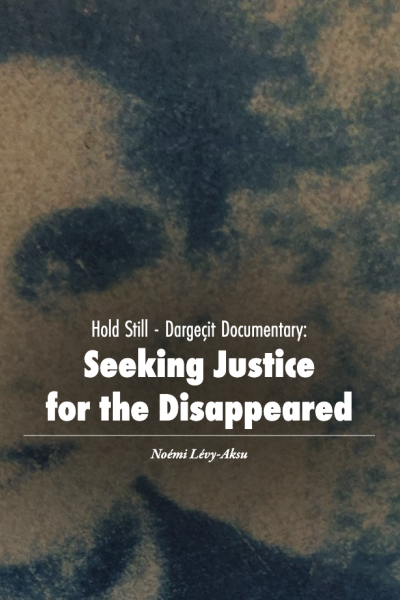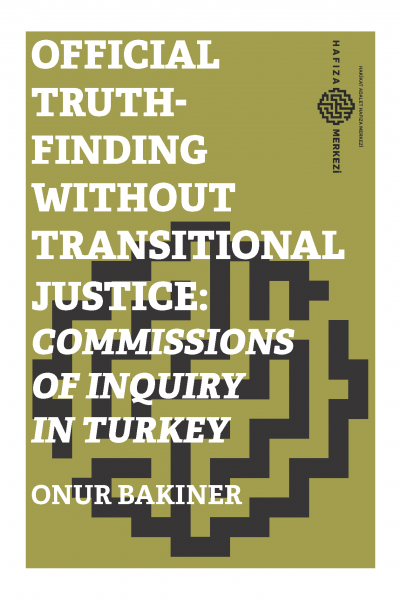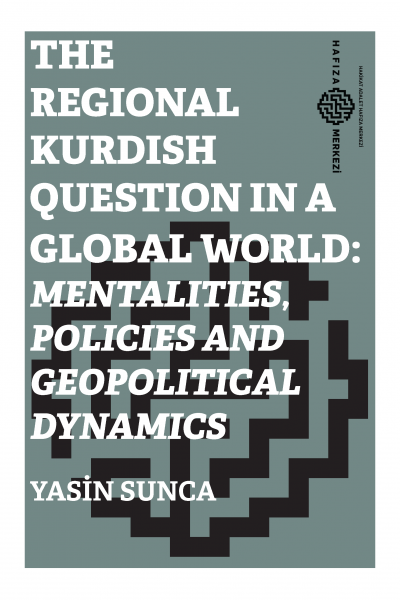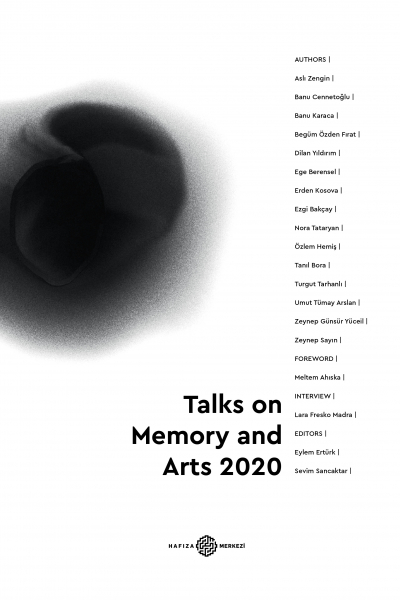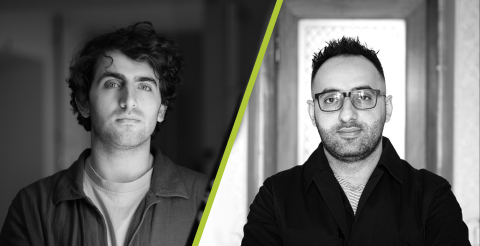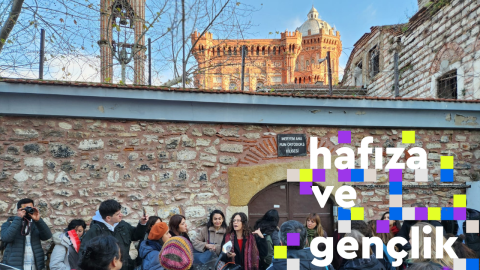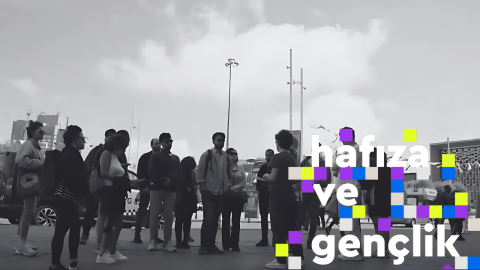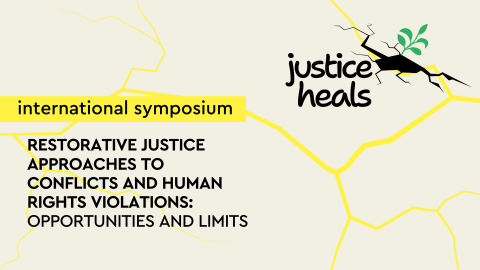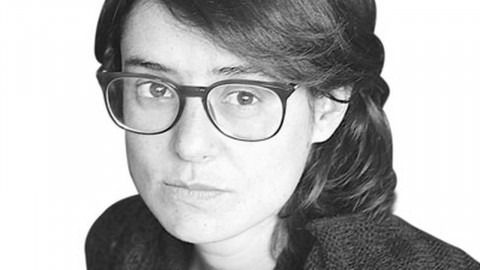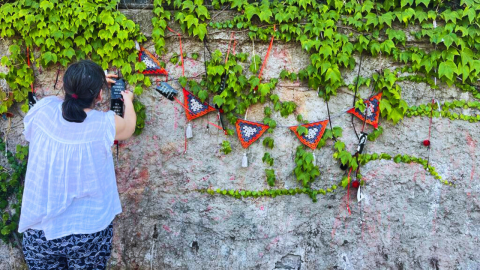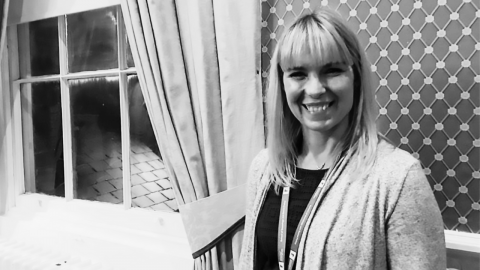Writers: Aslı Zengin, Banu Cennetoğlu, Banu Karaca, Begüm Özden Fırat, Dilan Yıldırım, Ege Berensel, Erden Kosova, Ezgi Bakçay, Nora Tataryan, Özlem Demiş, Tanıl Bora, Turgut Tarhanlı, Umut Tümay Arslan, Zeynep Günsür Yüceil, Zeynep Sayın
The Memory and Arts project, coordinated by Hafıza Merkezi, aims to cast a look at today’s Turkey through the lens of artistic creations in an environment where the rule of law, human rights and democratic values are wearing out and non-governmental initiatives struggle with all sorts of threats. The research project, which focused on artistic creation in the fields of visual arts and performing arts from 2000 onwards, consisted in two phases: the first was the constitution of a selection/archive, the second, its opening to interpretation. In order to allow for multiple readings, the productions included in the selection were opened for interpretation by 15 academics, critics and artists from various working fields and debates were carried out within working groups, concentrating on specific themes. The essays which constitute this volume are based on the Talks on Memory and Arts, carried out online between 16-25 December 2020 as the first publicly open programme of the project.
From the Foreword:
In the beginning of 1940, Walter Benjamin was working on his book, The Arcades Project, in Paris, the last stop in his escape from the terror of Nazi Germany. In the ninth statement of the text which he imagined would be the introduction to this book, “On the Concept of History”, he writes:
“There is a painting by Klee called ‘Angelus Novus’. An angel is depicted there who looks as though he were able to distance himself from something which he is staring at. His eyes are opened wide, his mouth stands open and his wings are outstretched. The Angel of History must look just so. His face is turned towards the past. Where we see the appearence of a chain of events, he sees one single catastrophe, which unceasingly piles rubble on top of rubble and hurls it before his feet. He would like to pause for a moment so fair, to awaken the dead and piece together what has been smashed. But a storm is blowing from Paradise; it has caught itself up in his wings and is so strong that the Angel can no longer close them. The storm drives him irresistibly into the future, to which his back is turned, while the rubble-heap before him grows sky-high. That which we call progress, is this storm.”
The same year, in the fall of 1940, upon learning that they would not be granted permission to cross the border from France to Spain, which he had reached together with a group of German Nazi opponents, Benjamin committed suicide so as not to fall in the hands of the Gestapo. While he had his looks set on the ruins and losses of the past, with extraordinary earnesty and attention, while striving to recover broken parts from this wreck, he was swept by this storm blowing from “Paradise” toward a non-existent future. In Benjamin’s theses on the concept of history, the storm is an allegory. “Allegory is the form of a world falling apart, a world where the connection between things and signification is broken.” In today’s world, however, with the hurricanes and natural disasters caused by the climate crisis on the one hand and ongoing wars, exiles, massacres and losses on the other, the allegoric and concrete existence of the storm comes forever closer. The work whereby Banu Cennetoğlu gives a visual rendition of the updated lists of migrant deaths, which she envisioned as an act of “mourning on paper”, reminds us of the physical storms sinking the migrants’ boats, as much as the storms of wars that uproot people from their countries, and those of racism, condemning them to die on the roads or in transit camps.
Throughout this book, both in the artworks that are included in the “selection/archive” compiled by the Hafıza Merkezi, and still in the making, and in the responses commenting on them, the reader gets a solid sense of how this storm is still blowing. The storm, taking up a variety of aspects –social, economic, military, legal – under the name of “progress”, uproots memory and casts it away, to regions which cannot be accessed, nor given meaning to, off-world regions deprived of life.
— Meltem Ahıska
